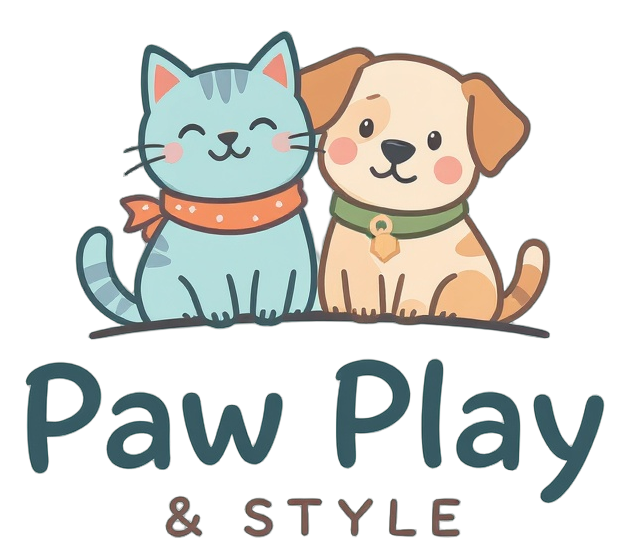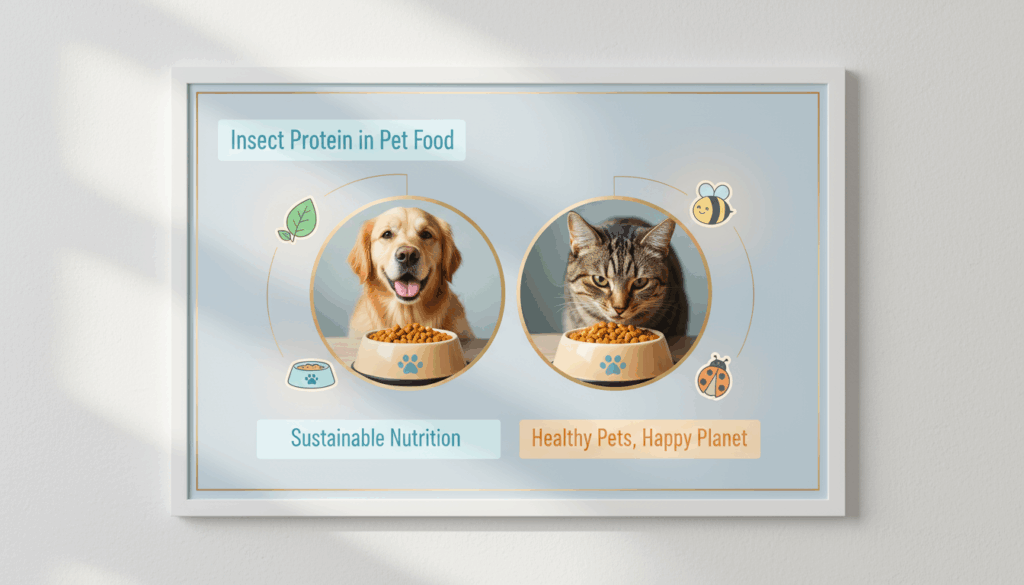In recent years, pets have evolved from being mere companions to becoming integral family members. This cultural transformation, known as humanization, is revolutionizing how pet owners approach feeding, treating, and shopping for their furry friends. In 2025, the humanization trend is driving the demand for premium, functional, and ethically sourced pet foods that mirror human dietary values and preferences.
This guide delves into how humanization is reshaping pet food choices, the most popular trends emerging in 2025, and practical advice for pet owners who want to meet their pets’ evolving nutritional and ethical needs.
What Is Pet Humanization?
Pet humanization refers to treating pets as family members with a focus on:
High-quality nutrition
Ethical sourcing and sustainability
Health and wellness
Lifestyle alignment with owner values
The humanization trend is evident in the growing popularity of pet foods that mirror human dietary habits. We see more plant-based diets, functional supplements, and superfoods making their way into pet food formulations. As pet owners become more conscious of what they feed their pets, they look for foods that reflect their own wellness choices.
How Humanization Impacts Dog Food
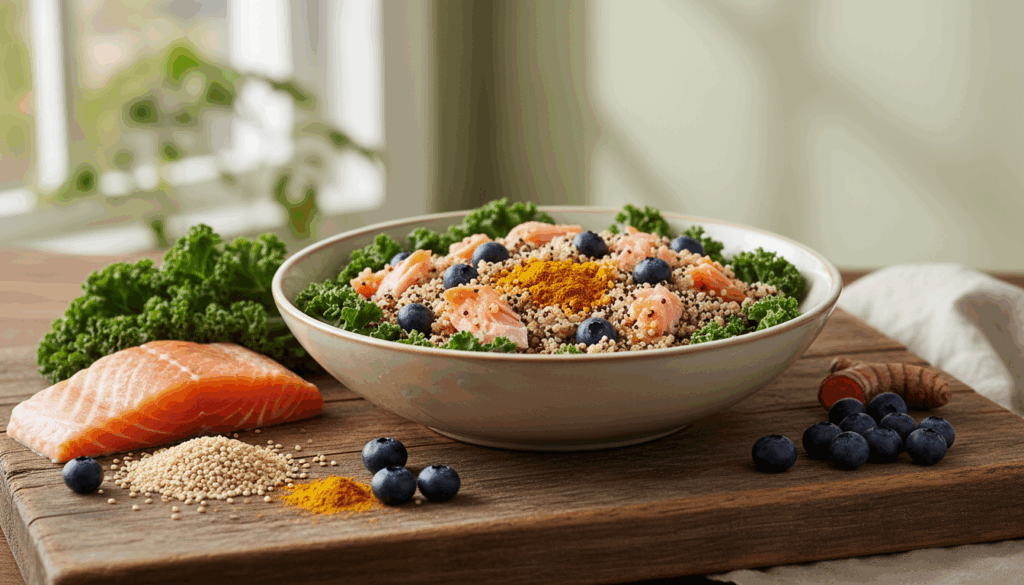
1. Premium & Superfood Ingredients
Pet owners are increasingly choosing premium ingredients such as:
Salmon
Kale
Blueberries
Turmeric
Quinoa
These natural, minimally processed ingredients are favored for their health benefits, such as supporting immunity, promoting energy, and improving coat health. These ingredients not only offer superior nutrition but also align with human dietary preferences for whole, nutrient-dense foods.
2. Functional Formulas
Targeted nutrition for specific health needs is in high demand. Functional formulas for dogs include:
Joint health (with ingredients like glucosamine and omega-3s)
Digestive support (probiotic-enhanced kibble)
Cognitive function (supplements like DHA for brain health)
These functional formulas help address issues such as arthritis, digestion, and cognitive decline, providing tailored solutions to pets’ evolving needs
3. Plant-Based & Alternative Proteins
An increasing number of pet owners are opting for plant-based or alternative protein diets for ethical and environmental reasons. These include:
Vegan diets
Plant-based proteins
Insect protein diets
Popular brands leading the way include V-Dog, Wild Earth, and Jiminy’s, which are gaining traction for their sustainable, protein-rich formulations that align with both environmental concerns and pet health.
How Humanization Impacts Cat Food

Just like dogs, cats are benefiting from premium, functional diets. The emphasis is on:
High-protein, grain-free formulas
Ethically sourced ingredients
Functional nutrients like taurine, L-carnitine, probiotics, and omega fatty acids
There is also a growing trend toward gourmet-style treats that resemble human snacks. Freeze-dried or gourmet toppers are becoming increasingly popular as pet owners seek to give their cats a variety of textures and flavors.
Popular products for cats include Stella & Chewy’s Freeze-Dried Cat Treats and Wild Earth Cat Food, which offer premium nutrition while reflecting the growing humanization trend.
Sustainability & Ethical Sourcing
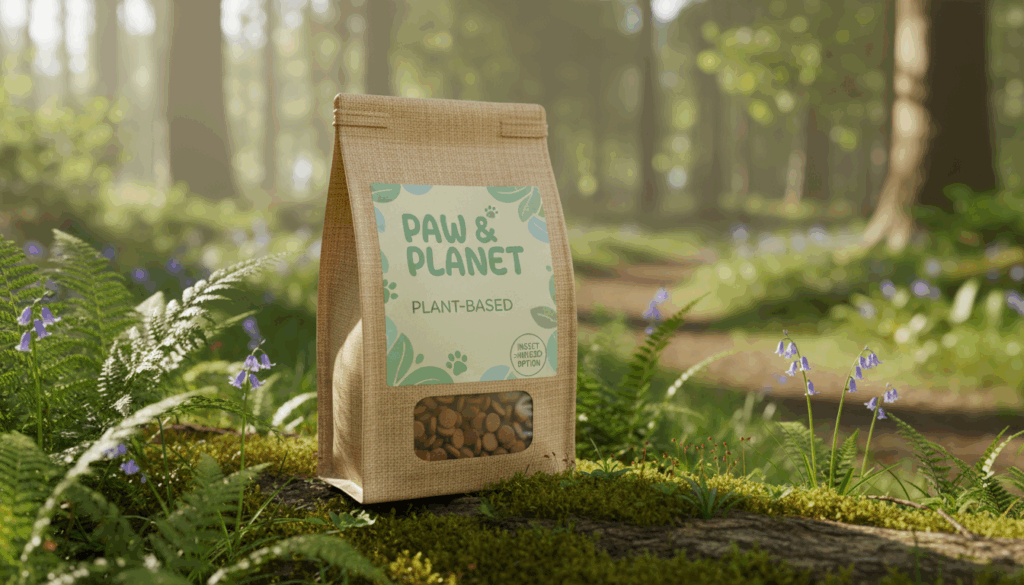
Humanization isn’t just about better nutrition—it’s also driving demand for sustainable, ethically sourced pet foods. Pet owners are becoming more conscious of the environmental and ethical implications of what they feed their pets. Here are some key factors:
Plant-based proteins help reduce the carbon footprint.
Insect-based proteins offer a sustainable alternative to traditional meat.
Eco-friendly packaging appeals to conscious consumers.
Much like their own food choices, pet owners are increasingly focused on where their pet food ingredients come from, the ethical treatment of animals, and the environmental impact of production.
Convenience Meets Humanization
With busy lifestyles, pet owners want premium nutrition without the hassle. The rise of convenient, human-grade pet foods that require minimal preparation is becoming a solution to this need. Examples include:
Fresh, pre-portioned meals (e.g., NomNomNow, JustFoodForDogs)
Freeze-dried and raw food options that are easy to store and serve
Subscription services that deliver customized meals directly to your door
These products offer human-grade ingredients and make feeding pets healthier, more convenient, and time-saving, which is a big win for pet parents managing health conditions, picky eaters, or just a busy schedule.
Top Humanization-Driven Pet Food Trends in 2025
| Trend | Description | Example Products | Affiliate Opportunity |
|---|---|---|---|
| Human-Grade Ingredients | High-quality, minimally processed food | NomNomNow, JustFoodForDogs | Subscription meals, single packs |
| Functional & Superfood Formulas | Omega-3s, probiotics, antioxidants | Hill’s Science Diet, Purina Pro Plan | Dry kibble, toppers, supplements |
| Plant-Based / Alternative Proteins | Vegan, insect-based, pea-based proteins | V-Dog, Wild Earth, Jiminy’s | Kibble, treats, supplements |
| Premium Treats & Toppers | Freeze-dried, gourmet, human-inspired treats | Stella & Chewy’s, Ziwi Peak | Treat packs, subscription boxes |
Practical Advice for Pet Owners
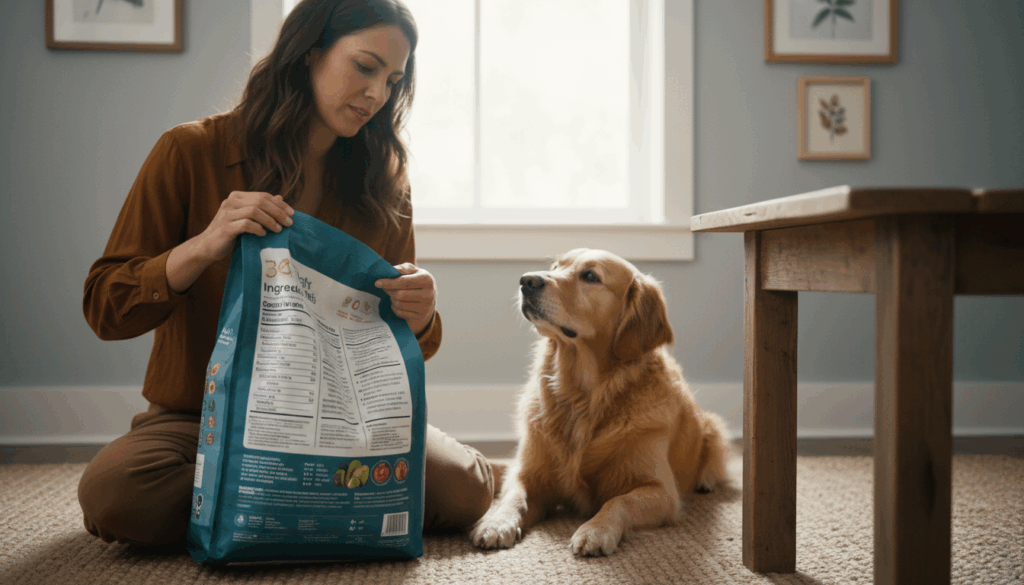
Assess Your Pet’s Needs: Consider your pet’s specific needs like digestive sensitivities, mobility issues, allergies, or weight management.
Read Labels Carefully: Look for functional ingredients, ethically sourced proteins, and minimal additives to ensure your pet is getting the best nutrition.
Gradual Transition: Always introduce new diets slowly to avoid digestive upset.
Consult Your Vet: This is especially important for pets with chronic conditions or dietary restrictions.
Use Affiliate Products Wisely: Offer subscription-based or trial-size packs for readers so they can easily try new products without commitment.
Final Thoughts
Humanization is reshaping pet food in 2025, combining ethics, nutrition, and lifestyle trends. Pet owners are no longer just feeding their pets—they’re choosing products that align with their own wellness choices, helping to solve issues like allergies, joint health, and picky eating. The shift towards humanization isn’t just about premium ingredients; it’s also about ensuring that pets are treated with the same care and consideration as family members.
